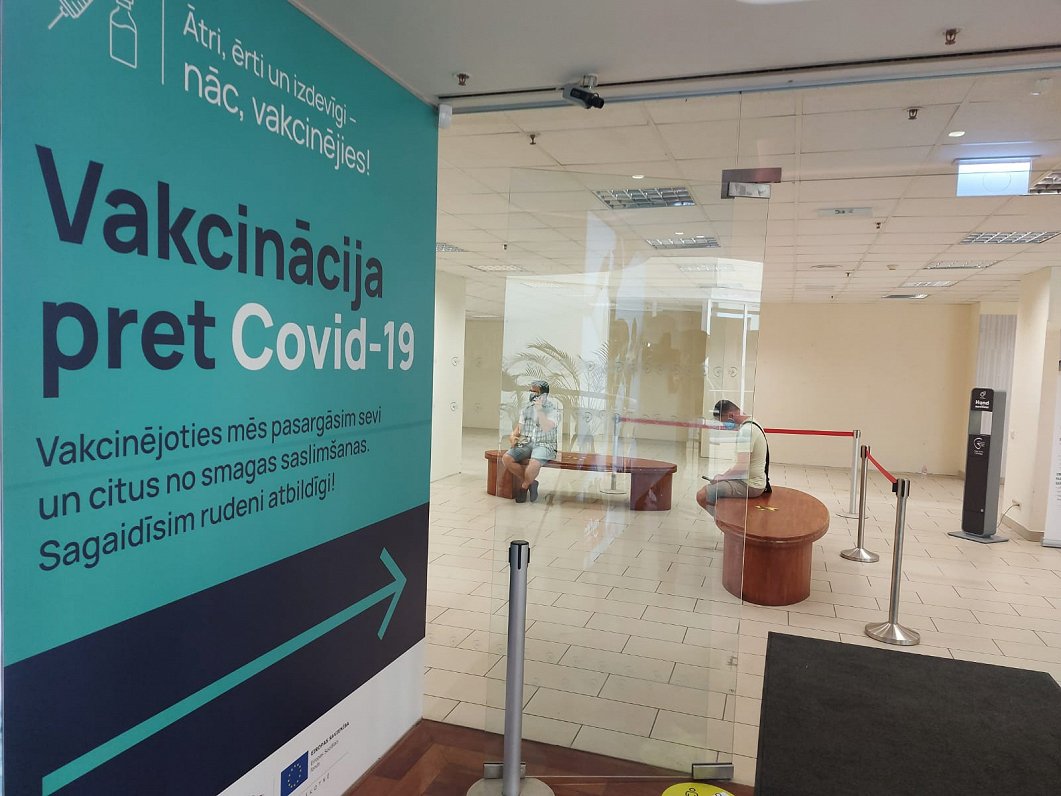Saeima opposition deputy Viktors Valainis (Union of Greens and Farmers) said that the year can be summarized as going "from vaccine deficit to surplus". According to Valainis, the first mistake was the insufficient procurement of vaccines. Consequently, not everyone who wanted to get vaccinated could do it. The lack of vaccines also created fertile soil for disinformation.
“The government itself set this target: a 70% vaccination coverage in September. In these two years, €2.5 billion has been spent for the topic “Covid-19”, which I believe is an extremely large amount of funding to achieve this goal. Looking at the December data, there are nearly 60 thousand seniors who still haven't received even the first dose of the vaccine. It has not worked enough to achieve this goal with all these unlimited resources that were in the hands of the government,” Valainis said.
This, he said, shows the government's inability to tackle the crisis.
On the other hand, Riga Stradiņš University's Political Science Department, associate professor Lelde Metla-Rozentāle, said that the whole health system experienced major changes in the beginning of the year with the change of the Health Minister. There was also uncertainty about whether there would be vaccines, how many vaccines would be there, and for whom there would be enough. At that time, to add fuel to the fire, there was also the creation of a Vaccination Bureau. It was then reorganized and added to the National Health Service, which, according to the political scientist, was a step in the right direction.
“Another major problem is the continued conflict of the government and the Saeima during the vaccination process. If we look from a political level, not a practical, organizational one, then the greatest challenge was the discrepancies, disbalances between different political levels, between different political forces. If we look at the experience of other countries, it is also what, for example, Denmark mentions as its own success story: in a crisis situation, the ability to be cohesive for all political forces. With one message to the public: that vaccination needs to be done and that is the only right way,” Metla-Rozentāle said.
According to her, the vaccination process is not just a failure, as the government's work also shows positive steps and decisions.
“However it may sound in the eyes of the public, but the compulsory vaccination of individual groups, the courage to stand against populism and to say that [..] those who work daily with other people, cannot work without vaccination as they threaten themselves and others,” the political scientist said.
On the other hand, when assessing communication during the vaccination process, the director of the public relations agency Nords Porter Novelli, Gunars Klēģeris, praised the fact that the country has been relatively successful in addressing the part of the public that is generally loyal to the state, the medical system and trusts the views of the specialists. It was more difficult with those groups of society that do not trust the country, are skeptical about vaccination in general, as well as the proportion of people who consume information in Russian daily.
“The fact that there was no success with these groups is seen in that we came to an ultimatum at the end. Either get vaccinated or sit at home. Either get vaccinated or you won't have a job. Only in this way did we catch up or motivate, if it can be called so, those groups of society to vaccinate, at least partially. It indicates that all the instruments of diplomatic dialogue were exhausted, which I do not believe shows any good. But it's not a problem that has occurred over the past year or two. This problem has a 10-20 year history, and I think no one on the state's side has found an effective way to talk to the Russian-speaking audience," Klēģeris said.




























